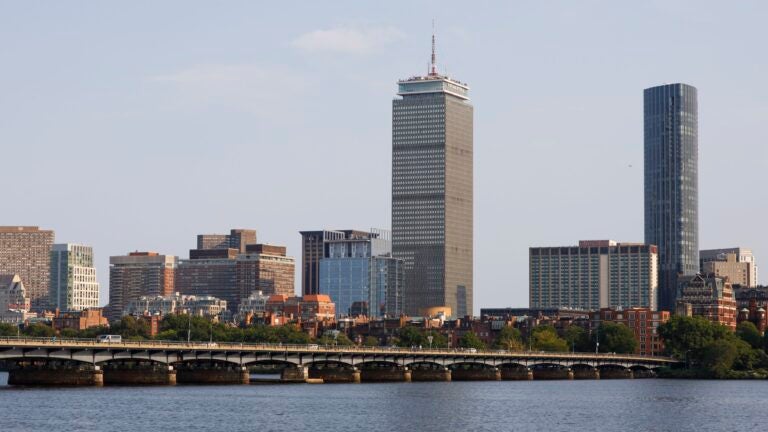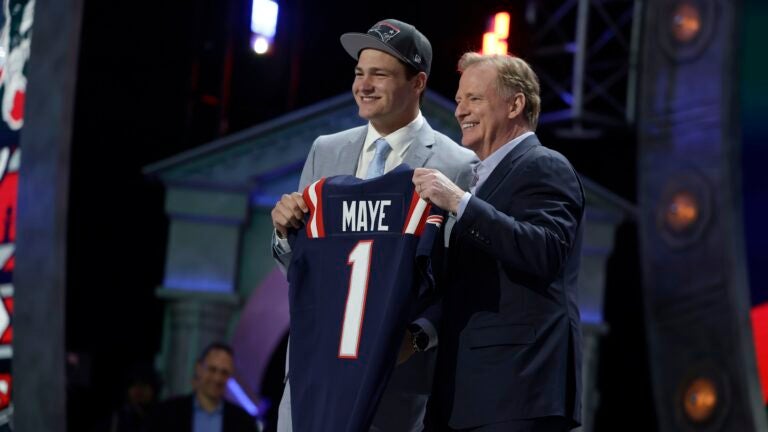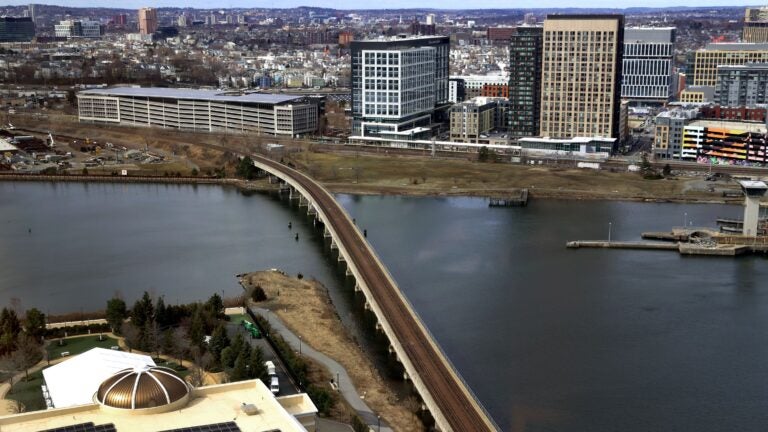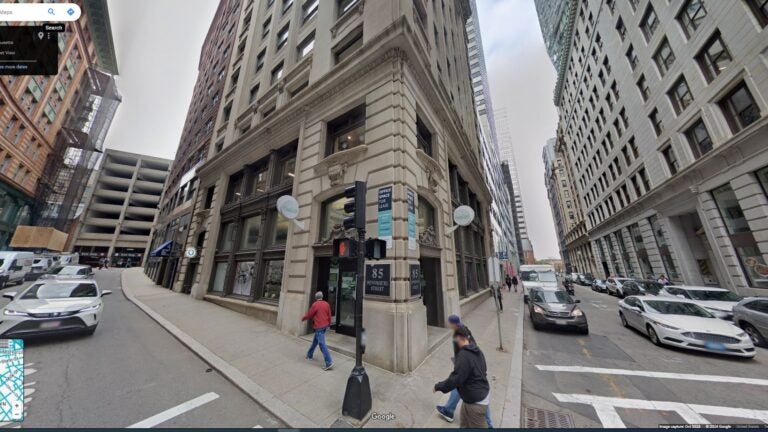Boston’s net-zero emissions zoning code raises concerns among developers
The move accelerates the city’s push to reduce buildings’ reliance on fossil fuels by several years.

A new zoning code proposed by the City of Boston would require that newly constructed buildings over 20,000 square feet — including labs, offices, and housing projects with more than 15 units — must immediately hit net zero emissions goals. The move accelerates the city’s push to reduce buildings’ reliance on fossil fuels by several years, but is raising concerns among developers.
The Zero Net Carbon Building Zoning Initiative, released this week by the Boston Planning and Development Agency, would also require new buildings over 20,000 square feet to be built to the LEED Gold standard — a marked boost from the current standard.
“Every new development in our city — whether it’s affordable housing, commercial offices, lab or life science spaces — is an opportunity to implement our zero net carbon building framework,” Boston Mayor Michelle Wu wrote in a report announcing the new zoning code. “This initiative ensures that large, new buildings in Boston don’t come at the cost of our future.”
The city has already targeted net zero emissions by 2050 for existing buildings, with some buildings required to start cutting emissions by 2025.
Adding a net-zero-carbon building standard to the zoning code for newly constructed buildings, the city said this week, “prioritizes low carbon building construction practices and the use of on and off site renewable electricity sources.” The zoning change is not finalized or approved, and the BPDA has kicked off a public comment period. It also plans to create an advisory committee to maintain the code.
The proposed changes have sent jitters through the real estate development industry, with some wondering about the kind of impact further electrifying commercial and residential real estate would have on the state’s power grid — particularly as the state prepares for the possibility of rolling blackouts this winter. Other developers who spoke with the Globe expressed concern about the economic feasibility, particularly for smaller projects.
Continue reading on BostonGlobe.com.








Conversation
This discussion has ended. Please join elsewhere on Boston.com